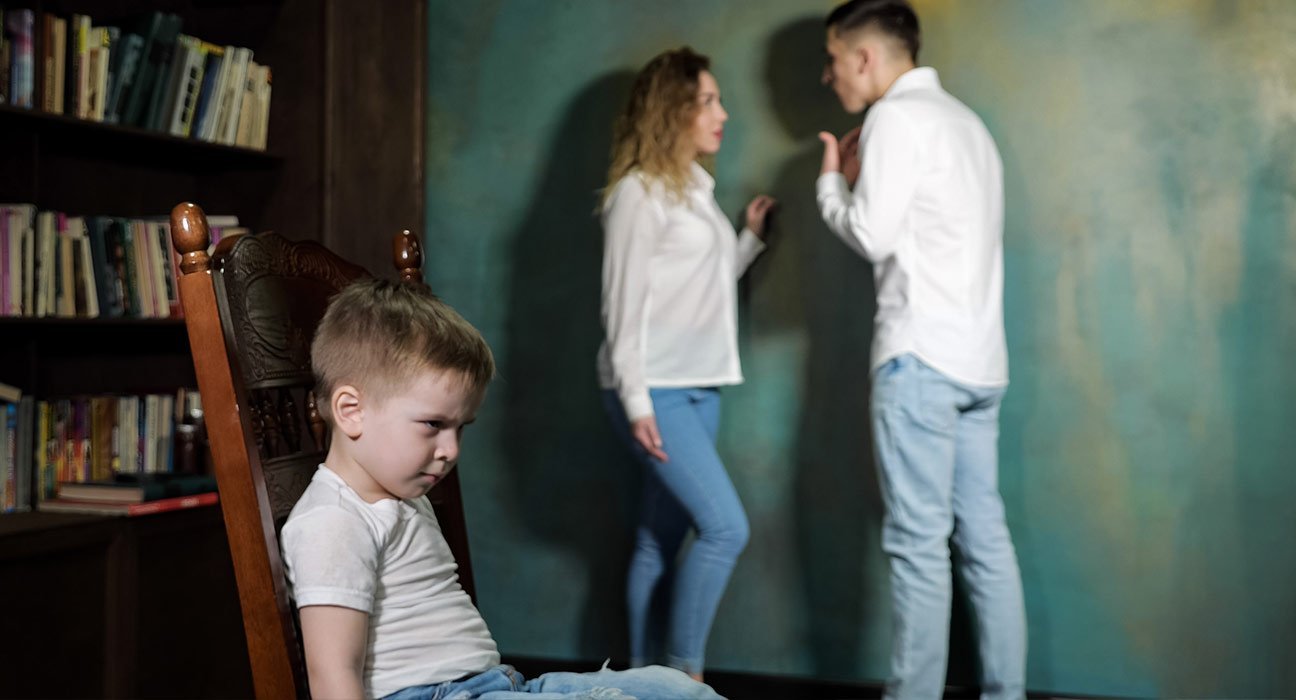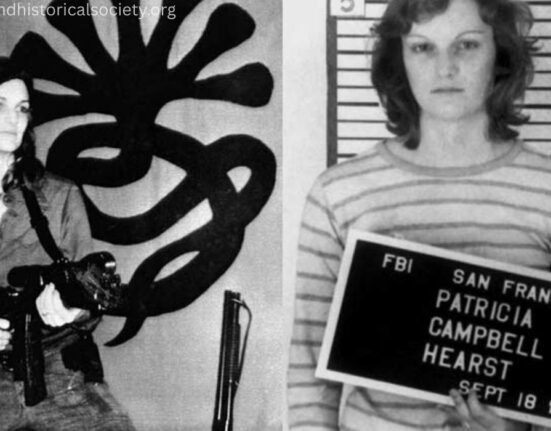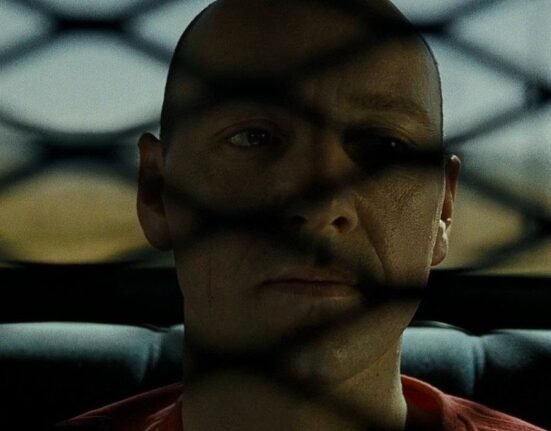‘… but in my experience there aren’t many evil people around. Just ill-informed, misguided and ignorant ones.’
Billion Dollar Brain by Len Deighton
When we hear that someone has Committing a crime, the first thing that comes to our mind is “Why?” Why would someone deliberately hurt no less, murder someone? What goes around their mind? What is their motivation? These are some of the questions which pop up first in our minds. Everyone is aware that no one is born with the motivation to harm or murder another person. Parents, upbringing, and environment all have an impact on a person’s beliefs and habits. Many researchers, policy makers and practitioners have discovered that one of the many reasons why people end up being criminals is because of their unhealthy or disturbing family background.
Impact of Family Dysfunction on Delinquency and Criminality
Experts have developed a multitude of theoretical models and analyses linking family’s environment and structure to delinquency which later results in criminality. Criminologists suggest that a child who grows up in a dysfunctional family is more prone to lean towards aggressive and antisocial behavior. They may not have had the same education as others and may not have learned how to curb their aggressiveness or undesirable behavior. It’s also conceivable that someone did not raise and watch the youngster properly. These are some of the reasons of why the child is not able to socially adjust with the rest of the children of their age, moreover their inability to constrain their behaviour within acceptable boundaries gives others more reason to avoid them.

Parental presence and control are very important for a child while growing up. We all know how children imitate their parents’ behavior, habits and actions, it is very much likely that the child would lean towards delinquent behaviour if they see their parents involved in criminal activities. Establishing boundaries between what is “normal” and what is not for children is under the purview of parents. If parents often engage in criminal and unlawful activity at home, it should not be shocking if their kids experience the same fate as their parents.
Movies can give a great perspective at this particular scenario. To demonstrate this concept, we may use the ‘Godfather’ series, one of the most well-known criminal series.
Antisocial Behavior in Parents
No successor can avoid the mafia lifestyle or its profession; it is passed down through the generations. Another viewpoint is provided by Cillian Murphy’s “Peaky Blinders,” which demonstrates how both parents and children actively participate in all illicit and illegal actions carried out by their family. Their behaviours, mindset and actions now replicates their parents and adults around them which makes it difficult for them to escape the environment even if they wanted to. Low level of parental control promotes delinquency behaviour. Even if the parental control is present , it is either too lenient or ineffective which results in development of delinquency in the kids. Lastly, antisocial behavior of parents , including the degree to which deviant methods of meeting goals are acceptable, seems to be a strong indicator of delinquent behaviour in young family members.
The tendency to commit crime isn’t something that happens overnight, it develops in stages associated with major psychological as well as sociological factors. These elements are unrelated to either race or economic status; rather, they constitute a natural aspect of growing up. It entails the lack of care, devotion, and love from both parents, which may interfere with the child’s needs and sense of belonging. There are a few stages which a person goes through. The early infancy and the development of the capacity of empathy, it helps the child to imbibe a sense of cooperation agreement conveying a sense of community where he belongs. The second stage is mid-childhood and the experience of growing capacity to learn and co-operate within his community.
Supervision and Autonomy Factors
Third, Adolescence and the need to belong as an adult and to be able to perform. If any of this phase is obstructed, it could very well lead to criminal behaviour of the child in the future. In all the above mentioned stages, lack of dedication, rejection and conflict results in lessening the child’s chance to experience love, dedication, feeling of belongingness in his personal life. Instead, he or she can start to expect abuse, solitude, conflict, rejection, and so on. In order to make up for the lack of approval, the youngster frequently discovers that they are drawn to others who have gone through similar things. Therefore, in the absence of acceptance and nurturance from adults, they end up conveying their own kind of acceptance.
Many people think that single parent homes would have higher delinquencies than those with both parents present. There are possibly two reasons why people think that. According to sociologists, Matsueda and Heimer (1987), single parents are not able to supervise their children effectively because there is only one parent instead of two to look over the child. It becomes unavoidable for them to associate with the wrong crowd due to the absence of supervision. Dornbusch (1985) suggested a different view to this, specific to single mothers. He says that single mothers give more autonomy to the children, which in turn reduces control over the child.

Impact of Fatherlessness
Fatherless families where the mother is not able to provide basic affection and attention results in domestic violence, fights and inadequate child supervision. The child is unable to understand what is happening to him/her and isn’t able to pave through these difficulties alone without their parents or any caring adult figure in their lives. Additionally, when they arrive at school, the staff and students reject and isolate them.
This closes the only option they would have to escape the toxic environment they have at home. The kids are forced into a life of misery because they have no other choice. They tend to engage themselves with wrong influences like participating in gangs, and illegal activities. There are various other reasons why children tend to be attracted to crime.
A child would want any company that could comfort and accept him, and for that they will be willing to go to any extent. Individuals are finally prodded by peer pressure to experience the worst aspects of life, and over time, they get acclimated to them. This cycle would then continue for their own kids and further. Sometimes, people tend to leave their criminal life behind when they receive the genuine acceptance, comfort and understanding level from a different person. We are all familiar with John Wick right? Yes that guy with a dog and his Ford Mustang. The movie depicts how he left the life of the underworld when he met his wife. A change in life is possible if the person is able to achieve happiness and is able to go towards the right path in his own will.













Leave feedback about this